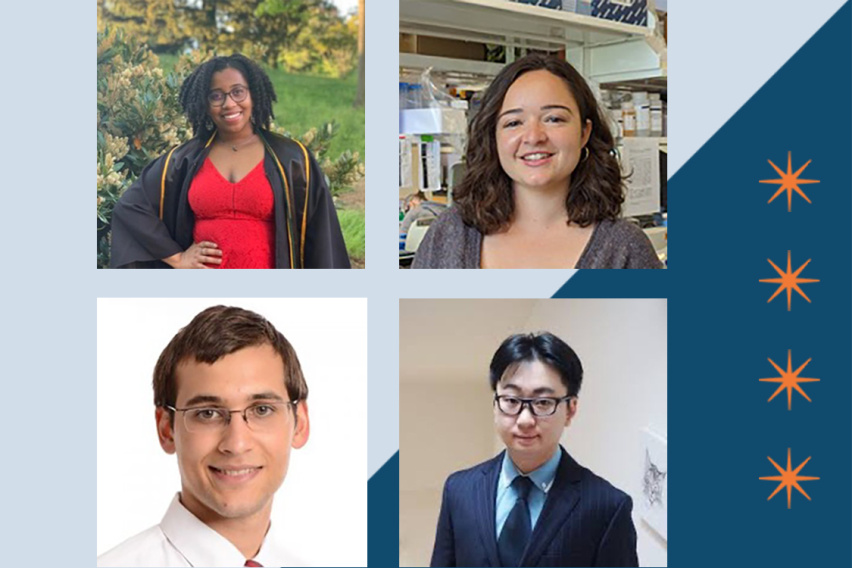MIT News
May 10, 2024
Combining microbiology, bioengineering, artificial intelligence, big data, and materials science, Belcher Lab graduate student Ashutosh Kumar’s research is a microcosm of the Koch Institute’s interdisciplinary model. Classically trained as an engineer working on steel design, Kumar is studying how the microbiome of ovarian cancer affects metastasis and treatment response.
His ultimate goal is to engineer bacteriophage viruses to reprogram bacteria to work therapeutically. Bacteriophage are a mainstay of the Belcher Lab’s signature research platforms, and being developed in a number of other ways for early detection and treatment as part of a larger ovarian cancer initiative led by Belcher, along with Sangeeta Bhatia and Paula Hammond.
